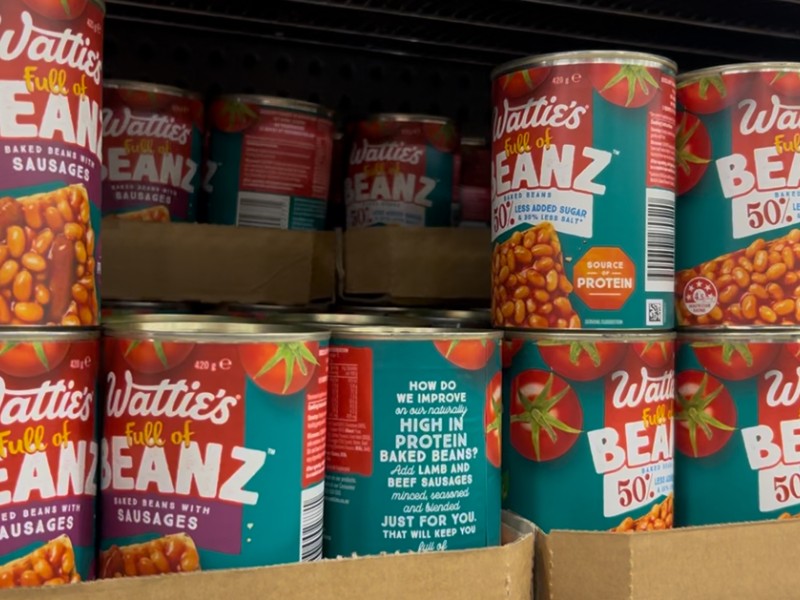Robinson has five top tips to be prepared:
1. Cash. While Robinson points out most students don’t carry cash these days, it is important to have a small amount in case EFTPOS is down.
“If there is no power, you just can’t go to the supermarket and buy bits and pieces,” he says.
2. Spare water. In most natural disasters, Civil Defence suggests at least three days’ worth of water stored, but in the case of an Alpine Fault, seven days' is recommended.
Robinson says you can do this over time.
“If you are drinking a bottle of wine, instead of putting it in the recycling, fill it up with water.
“The more water you’ve got the better off you’ll be.”
3. Canned food. For students, Robinson says that’s difficult when it is so expensive. He suggests chipping away at this too.
“You go to the supermarket, there’s a two for one offer on certain canned goods. Grab two. One can goes in your emergency supply, one goes in your pantry.”
4. Have a go bag. He says Civil Defence has many accessible resources to tell you how to pack a go bag and will be unique to individuals.
5. Finally, he suggests talking to your neighbours.
“For students, if they are…new to the city or they don’t have any family connections, make connections within your communities.
“After an event, you might find out your neighbours have a water filtration system or a generator to charge phones.”


